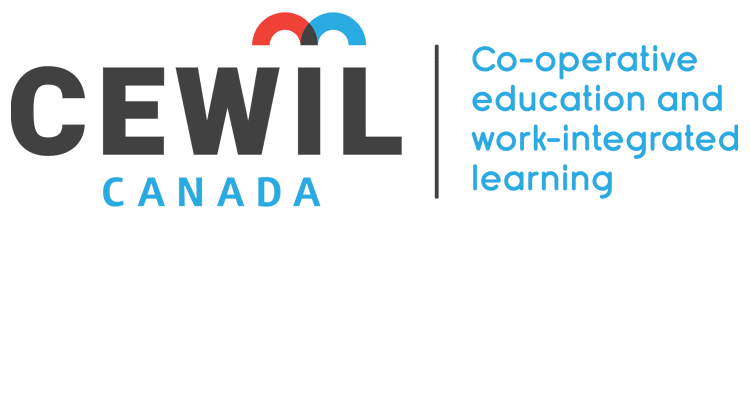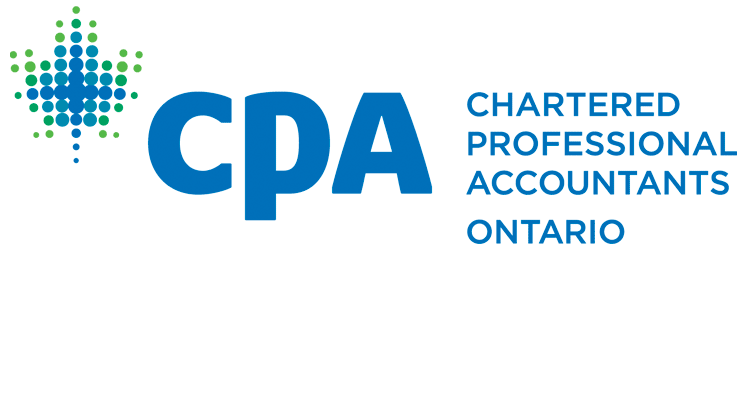Applying as a Canadian applicant
Applying as an International applicant
Campus tours
Campus tours are one of the best ways to experience Conestoga. During this time, we are offering online guided tours to show you all Conestoga has to offer.
Book your tourVirtual tours
If you can't make an on-campus tour or attend one of our events, the virtual tour is a great way to visit us.
View our Virtual tourPlease note:
Interested in learning more about this program?
Join one of our School of Business Virtual Info Sessions. To register, select the date you'd like to attend:
-
Tuesday, January 13, 6-7 p.m.
- Tuesday, January 27, 6-7 p.m.
- Tuesday, February 10, 6-7 p.m.
- Tuesday, February 24, 6-7 p.m.
- Tuesday, March 10, 6-7 p.m.
- Tuesday, March 24, 6-7 p.m.
-
Tuesday, April 7, 6-7 p.m.
-
Tuesday, April 21, 6-7 p.m.
-
Tuesday, May 5, 6-7 p.m.
If you have any questions, please email businessschool@conestogac.on.ca.
Program description - September 2026
There is a need for professional accountants and auditors with expertise in information technology and a desire to excel in the industry – this is where you come in.
Our four-year Bachelor of Business Administration (BBA) Honours degree program provides a comprehensive accounting, auditing, and information technology education that teaches you the skills needed in the global business environment.
Conestoga's BBA Honours program teaches you about information technology. At the same time, you also focus on theory, integrated applied projects, and three paid co-op work terms that will help you gain real-world work experience before graduation. With this unique accounting education, you will be job-ready for Canadian and global business careers. Our accounting professors combine their industry knowledge with the latest hands-on learning strategies and an experiential learning approach using case studies and simulations.
This bachelor's degree meets the undergraduate educational requirements for direct entry into the Chartered Professional Accountants (CPA) Professional Education Program (PEP), part of an individual's path to getting their full CPA designation.
Conestoga College is pleased to announce that our Accounting, Audit, and Information Technology (AAIT) degree has received exemption accreditation from the Association of Chartered Certified Accountants (ACCA). By graduation, you will have learned Modules F1 to F9, part of an individual's path to obtaining their full ACCA designation.
Conestoga is also a member of AACSB (Association to Advance Collegiate Schools of Business) International.
Interested in taking this program part time?
See our Bachelor of Business Administration (Honours) - Accounting, Audit and Information Technology part-time program for more information.
Program details
Estimated tuition & fees
Tuition and fee details for programs starting September 2026 and later will be available Spring 2026. Listed below are the tuition and fee details for the 2025-2026 academic year (September 2025 to August 2026) for your selected intake. Books and supplies may be additional.
2 Terms
Canadian
International
Canadian fee details
| Description | Fall 2025 | Winter 2026 |
|---|---|---|
| Program Tuition Fee (ACR) | $3375.00 | $3375.00 |
| Administration Fee | $25.00 | $25.00 |
| Capital Development Fee | $84.22 | $84.22 |
| CSI Advocacy Fee | $8.16 | $8.16 |
| CSI Association Fee | $104.04 | $104.04 |
| CSI Extended Health & Dental Plan Fee | $354.00 | - |
| CSI Legal Care Fee | $30.00 | - |
| CSI UPass Fee | $124.91 | $124.91 |
| *eText Fee | $424.00 | $512.00 |
| Graduation/Alumni Services Fee | $20.00 | $20.00 |
| ONE Card Fee | $8.50 | $8.50 |
| Program Services Fee | $215.25 | $215.25 |
| Recreation/Athletics Fee | $71.50 | $71.50 |
| Student Services | $89.00 | $89.00 |
| Technology Enhancement Fee | $110.00 | $110.00 |
| CSI - Student Welcome Kit Fee (optional) | $75.00 | - |
| CSI Student Club & Society Fee (optional) | $10.00 | $10.00 |
| CSI Student Events Fee (optional) | $35.00 | $35.00 |
| Sustainability Fee (optional) | $5.00 | $5.00 |
| Term Total | $5168.58 | $4797.58 |
| Year Total | $9966.16 |
*The fee listed is for the current academic term and is subject to change. Confirmed costs will appear on your registration invoice. For the most up-to-date eText and course materials pricing, please refer to your personalized booklist.
Returning student tuition & fees
View all Canadian tuition & fee details for all levels
View all International tuition & fee details for all levels
International fee details
| Description | Fall 2025 | Winter 2026 |
|---|---|---|
| International - Degree Program Tuition | $8220.00 | $8220.00 |
| Administration Fee | $25.00 | $25.00 |
| Capital Development Fee | $84.22 | $84.22 |
| CSI Advocacy Fee | $8.16 | $8.16 |
| CSI Association Fee | $104.04 | $104.04 |
| CSI College Int'l Health Insurance Plan (CIHIP) | $595.00 | - |
| CSI Extended Health & Dental Plan Fee | $308.00 | - |
| CSI Legal Care Fee | $30.00 | - |
| CSI UPass Fee | $124.91 | $124.91 |
| *eText Fee | $424.00 | $512.00 |
| Graduation/Alumni Services Fee | $20.00 | $20.00 |
| ISR (International Student Recovery) | $375.00 | $375.00 |
| ONE Card Fee | $8.50 | $8.50 |
| Program Services Fee | $215.25 | $215.25 |
| Recreation/Athletics Fee | $71.50 | $71.50 |
| Student Services | $89.00 | $89.00 |
| Technology Enhancement Fee | $110.00 | $110.00 |
| CSI - Student Welcome Kit Fee (optional) | $75.00 | - |
| CSI Student Club & Society Fee (optional) | $10.00 | $10.00 |
| CSI Student Events Fee (optional) | $35.00 | $35.00 |
| Sustainability Fee (optional) | $5.00 | $5.00 |
| Term Total | $10937.58 | $10017.58 |
| Year Total | $20955.16 |
*The fee listed is for the current academic term and is subject to change. Confirmed costs will appear on your registration invoice. For the most up-to-date eText and course materials pricing, please refer to your personalized booklist.
Returning student tuition & fees
View all Canadian tuition & fee details for all levels
View all International tuition & fee details for all levels

Program device & software requirements
This program requires you to have a device that meets certain specifications. For most students, this cost is in addition to the tuition & fees listed above.
view device requirementsFinancial assistance
Awards & scholarships
The Conestoga College Degree Entrance Scholarship is awarded to students accepted into their first term of eligible degree programs with an average of at least 70%.
Co-op information
- Co-op programs add value to your education. Earn money while you apply what you've learned in a real workplace environment. Visit Co-operative education for more information.
- The College cannot guarantee co-op employment. All co-op students are required to conduct an independent co-op job search in addition to the supports and services provided by the Department of Co-op Education.
- Students are responsible for their own transportation and associated costs in order to complete work term requirements. Work locations may not always be readily accessible by public transportation.
- In order to participate in a WIL experience/Co-op work term, students must be legally eligible to work in Canada.
- Students who are not eligible for co-op or do not secure the first work term by the start of the work term semester will be offered the option to enrol in the 15 credit Career Management in Canada GCM70000 co-op alternative. This co-op alternative involves guided activities involving approximately 2 hours of coaching and advising time per week and additional project work.
- If GCM70000 is selected, students cannot transfer back into the co-op stream and cannot complete a co-op term for their first work term.
- GCM70000 is delivered online with virtual group coaching/advising session of 2 hours per week.
- GCM70000 is only an alternative for the first co-op work term of the program, students will still complete at least one mandatory co-op work term if they choose GCM70000.



